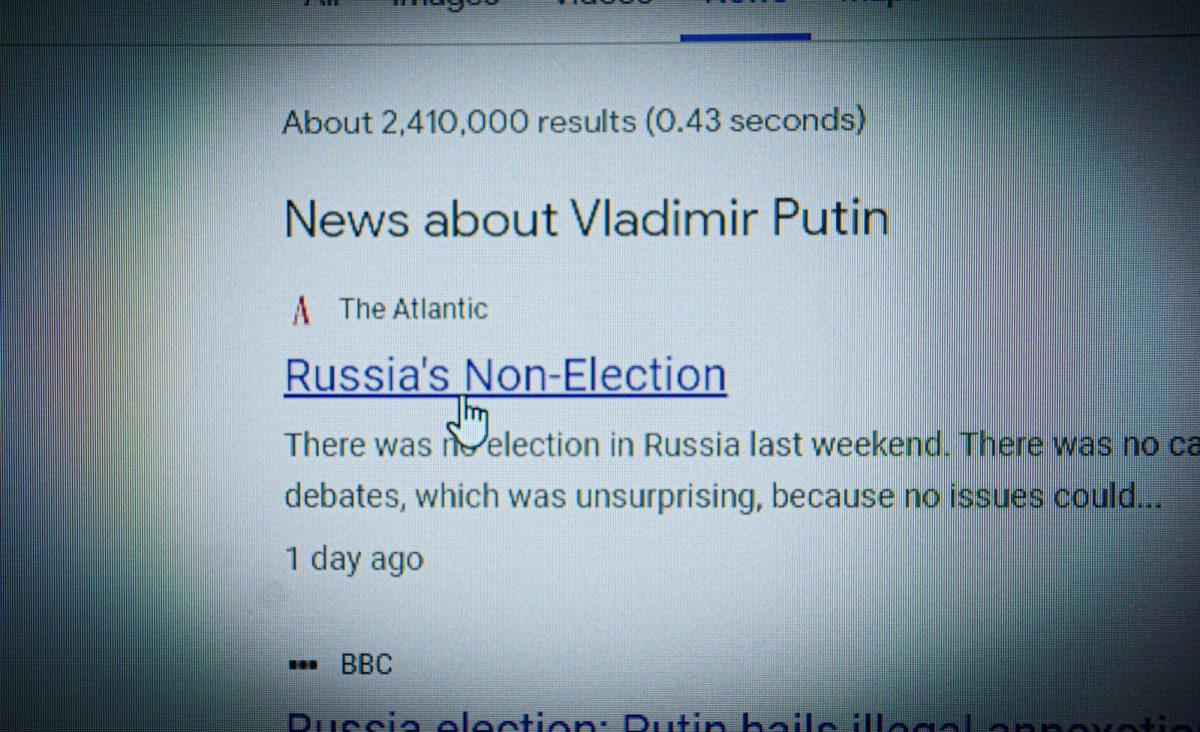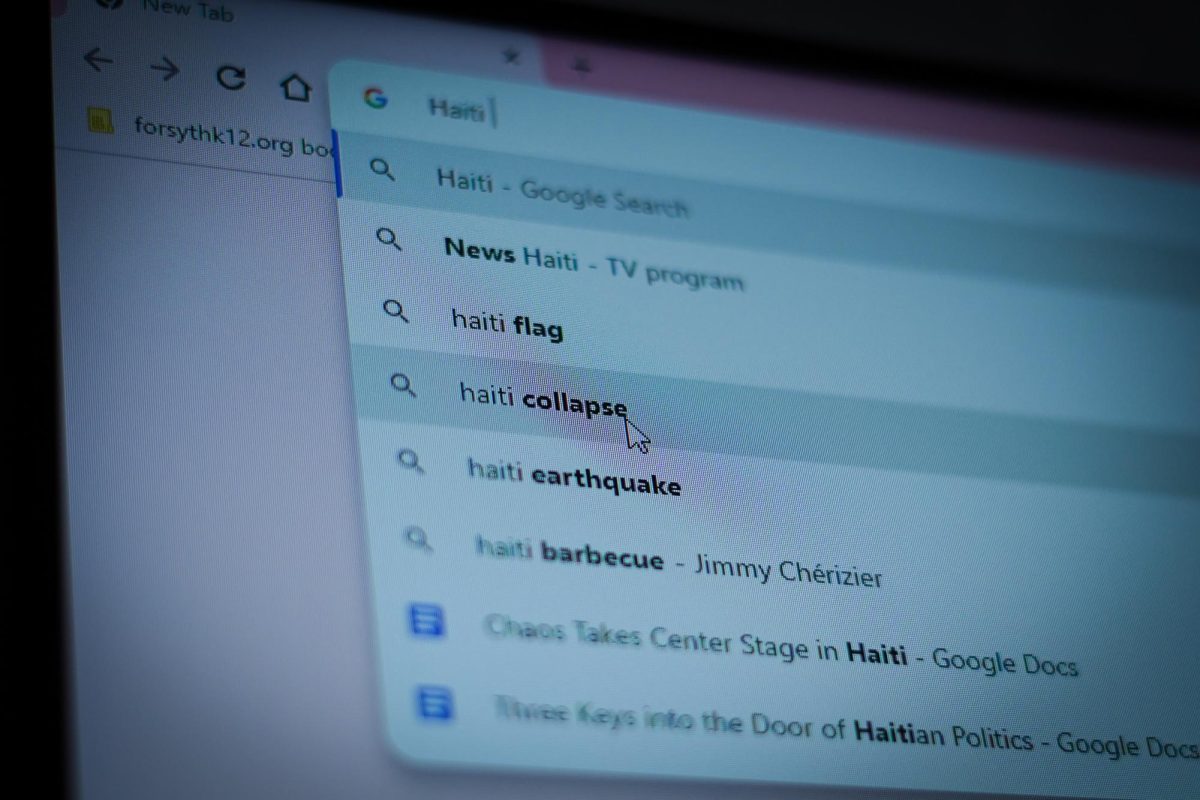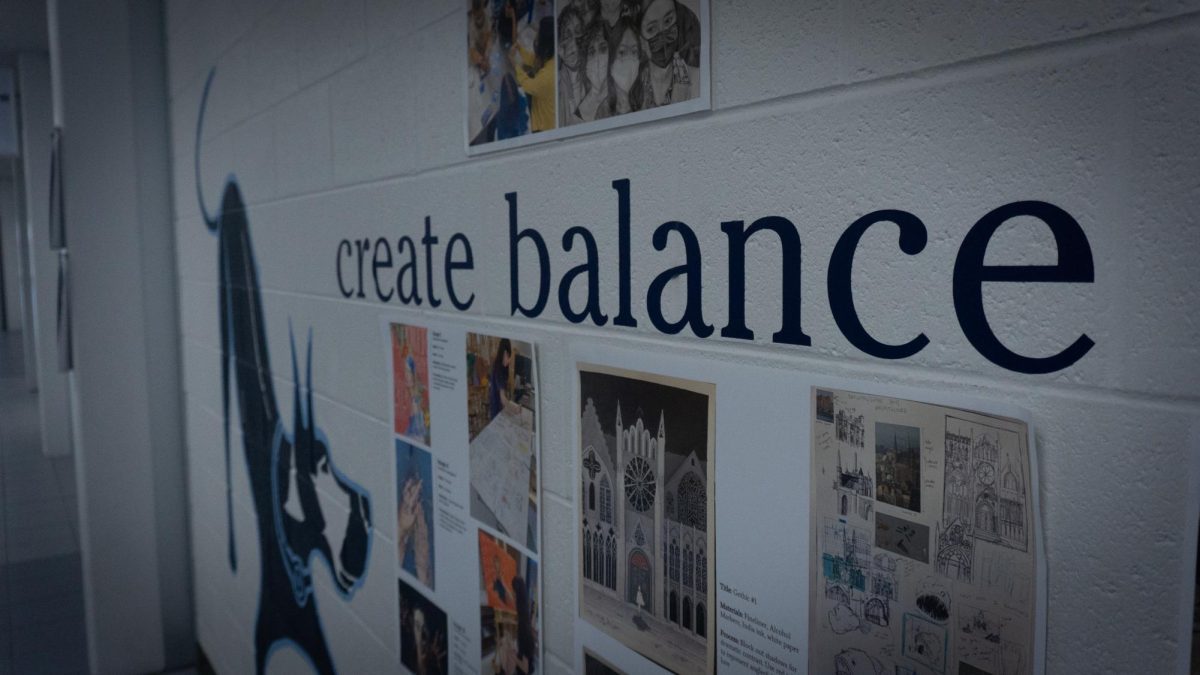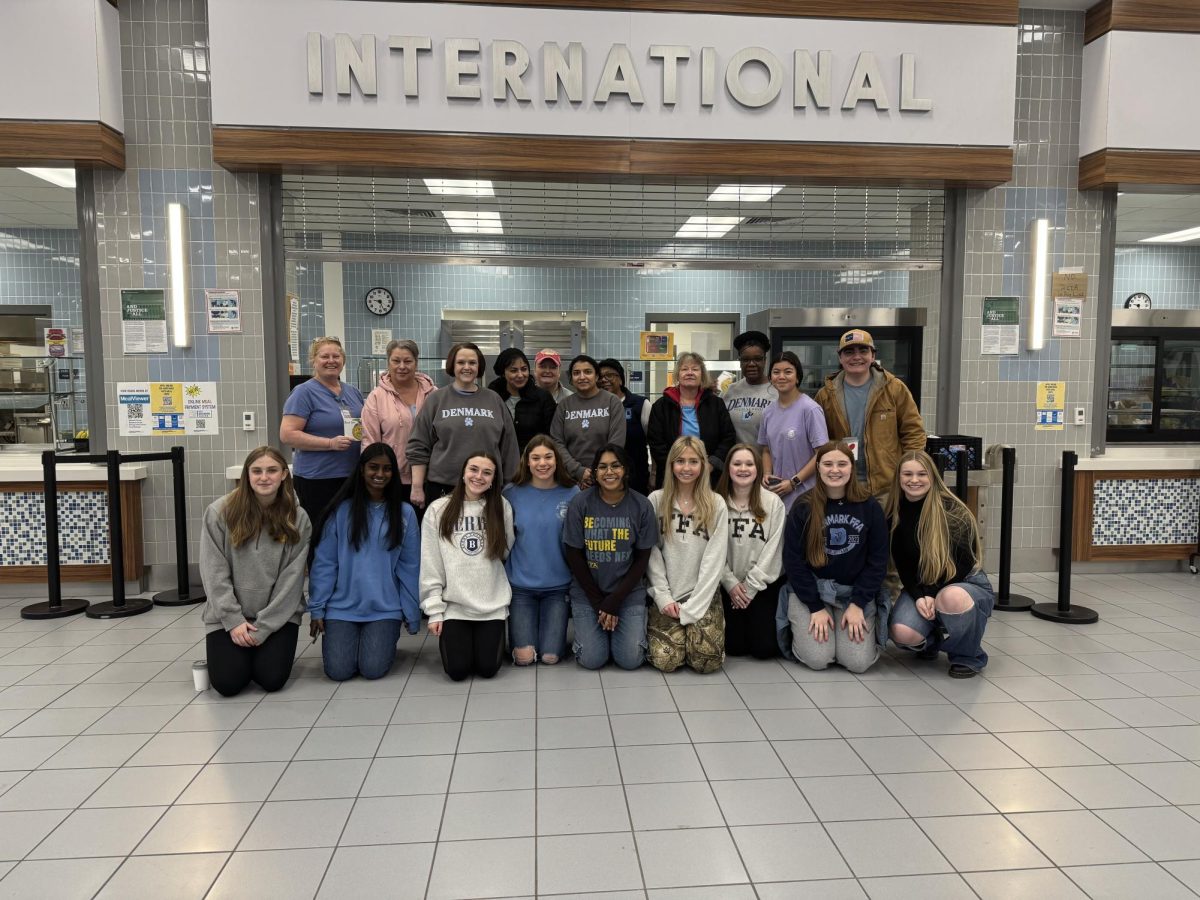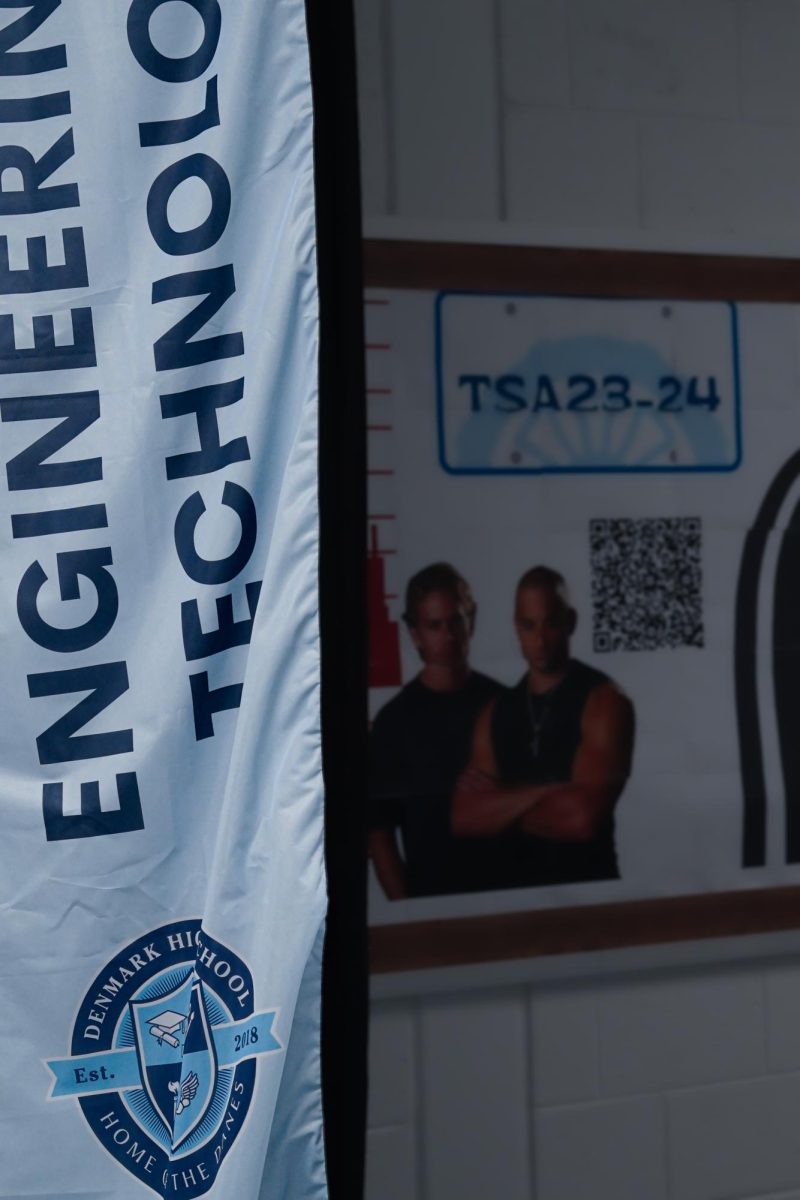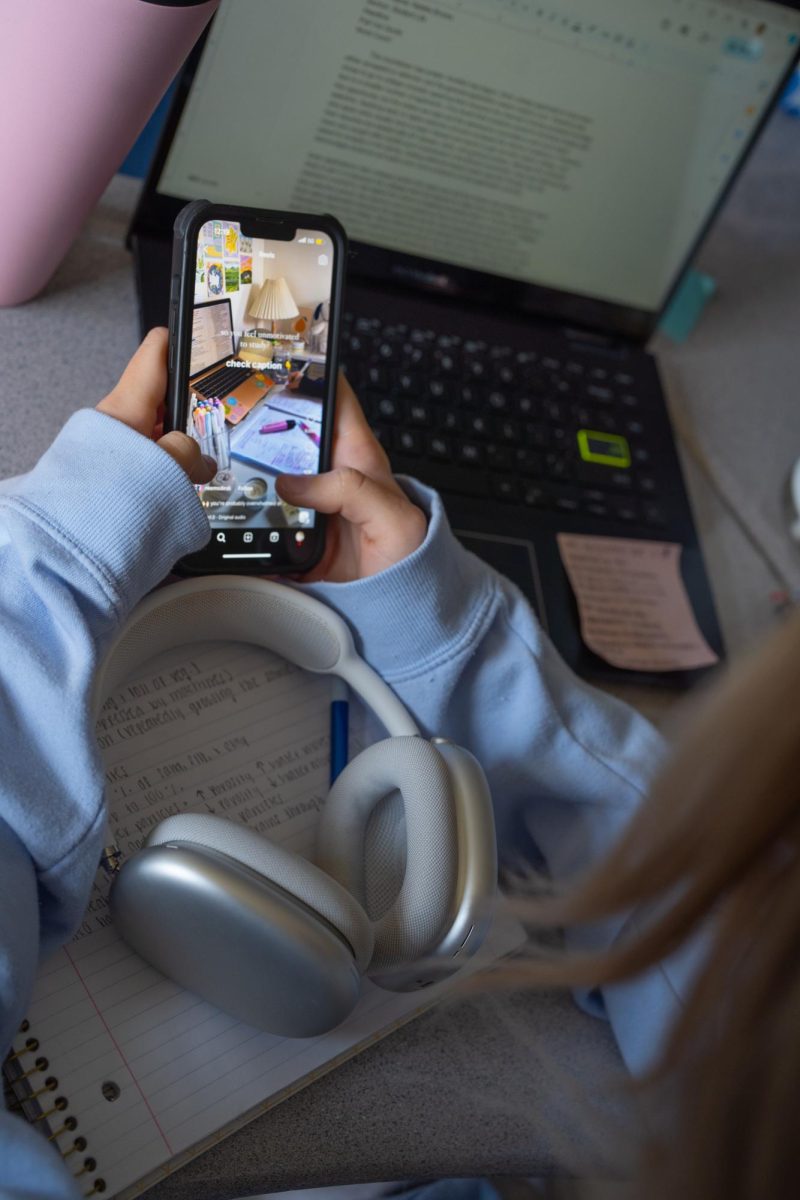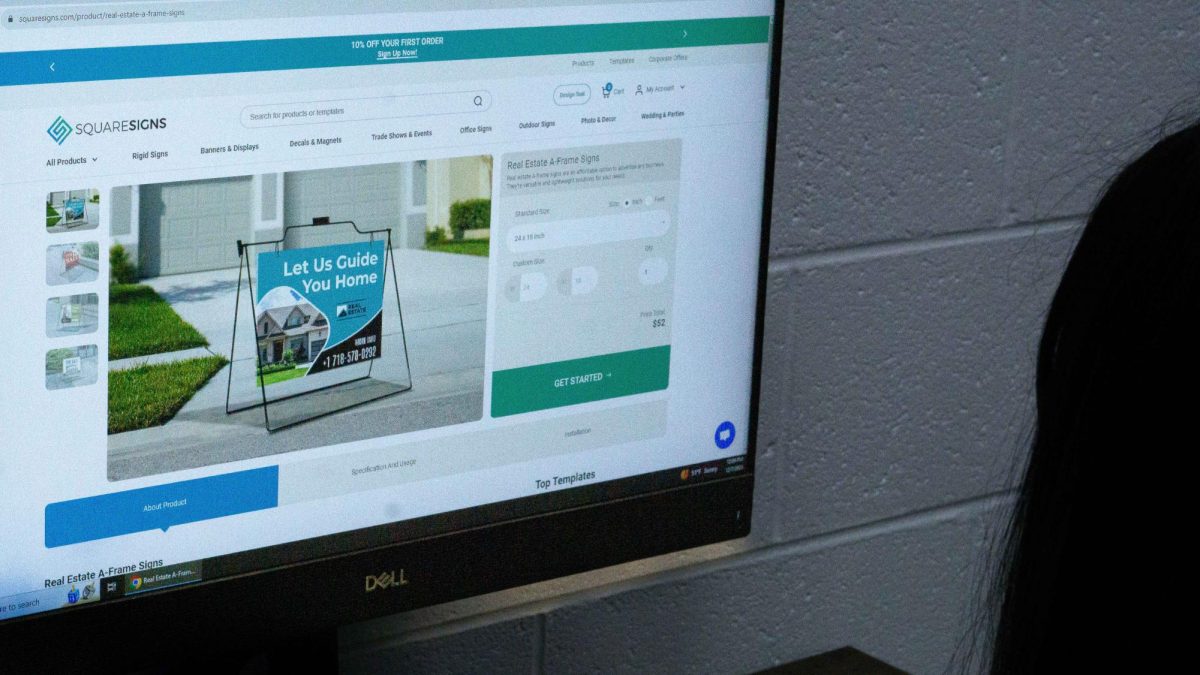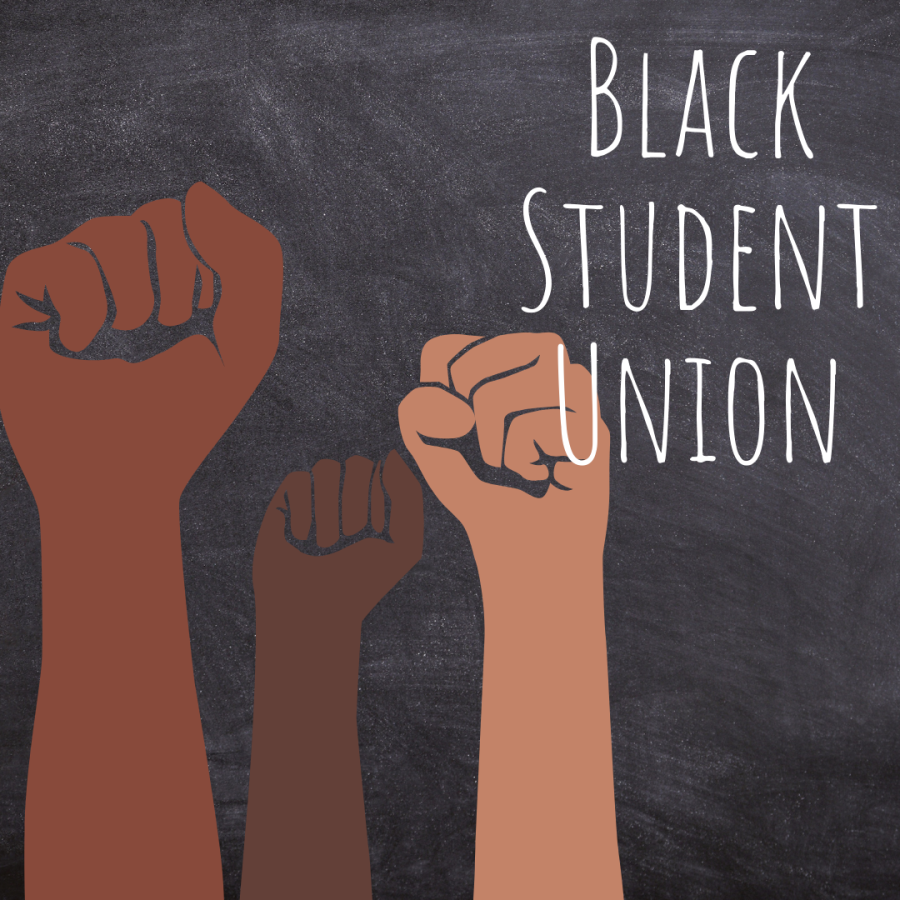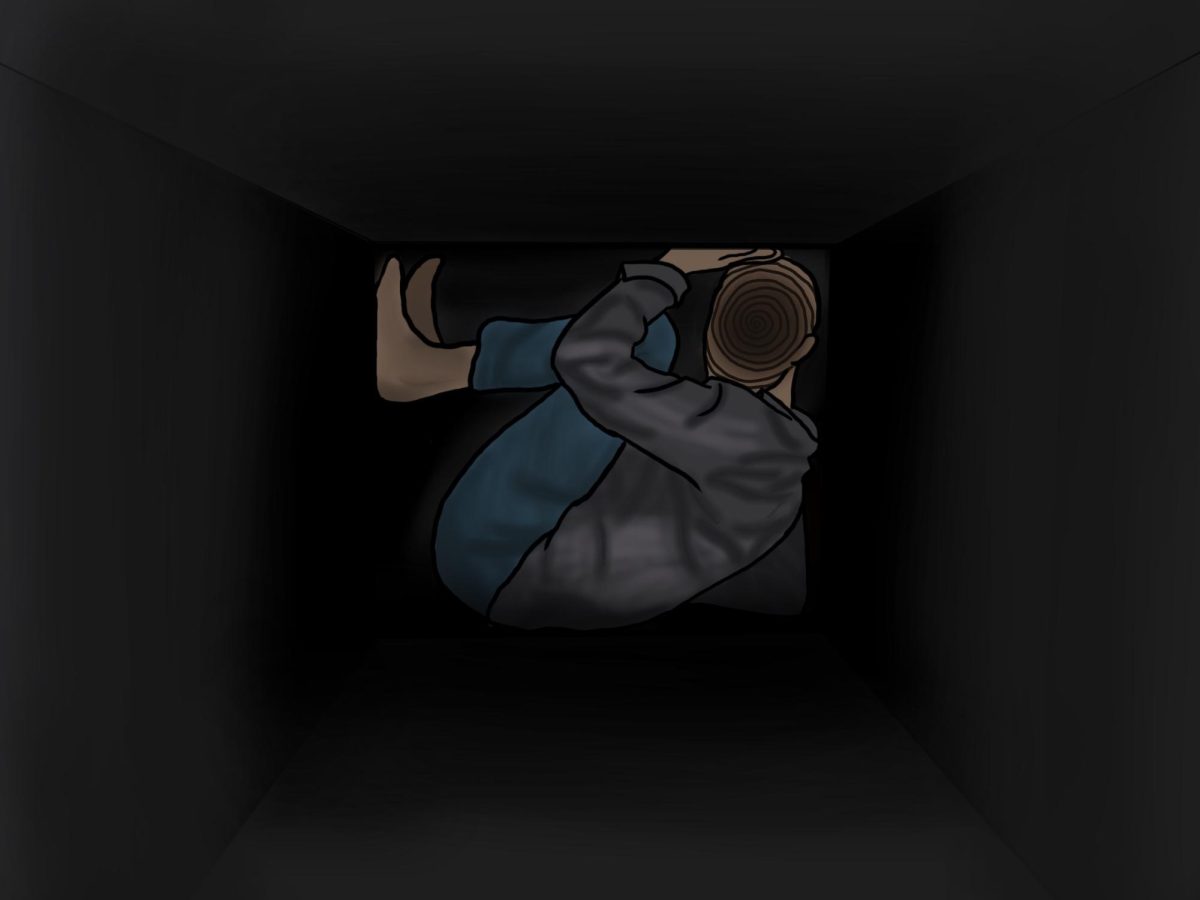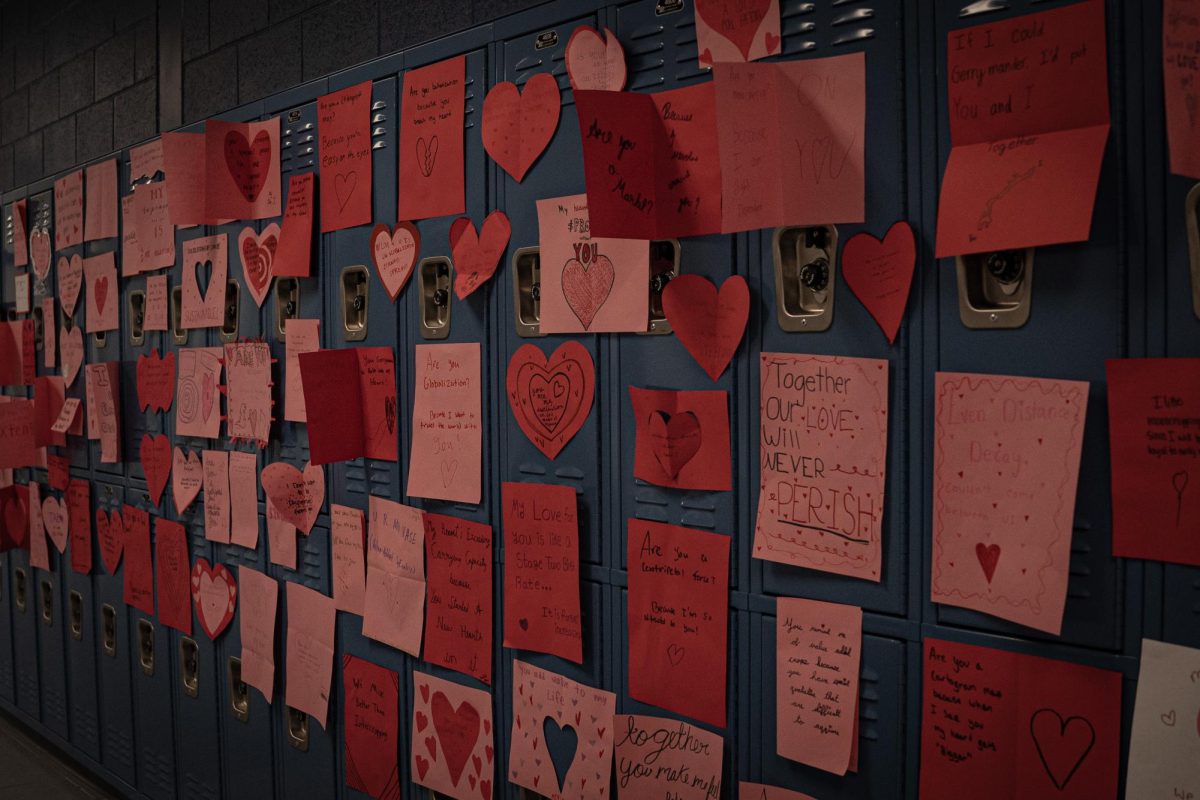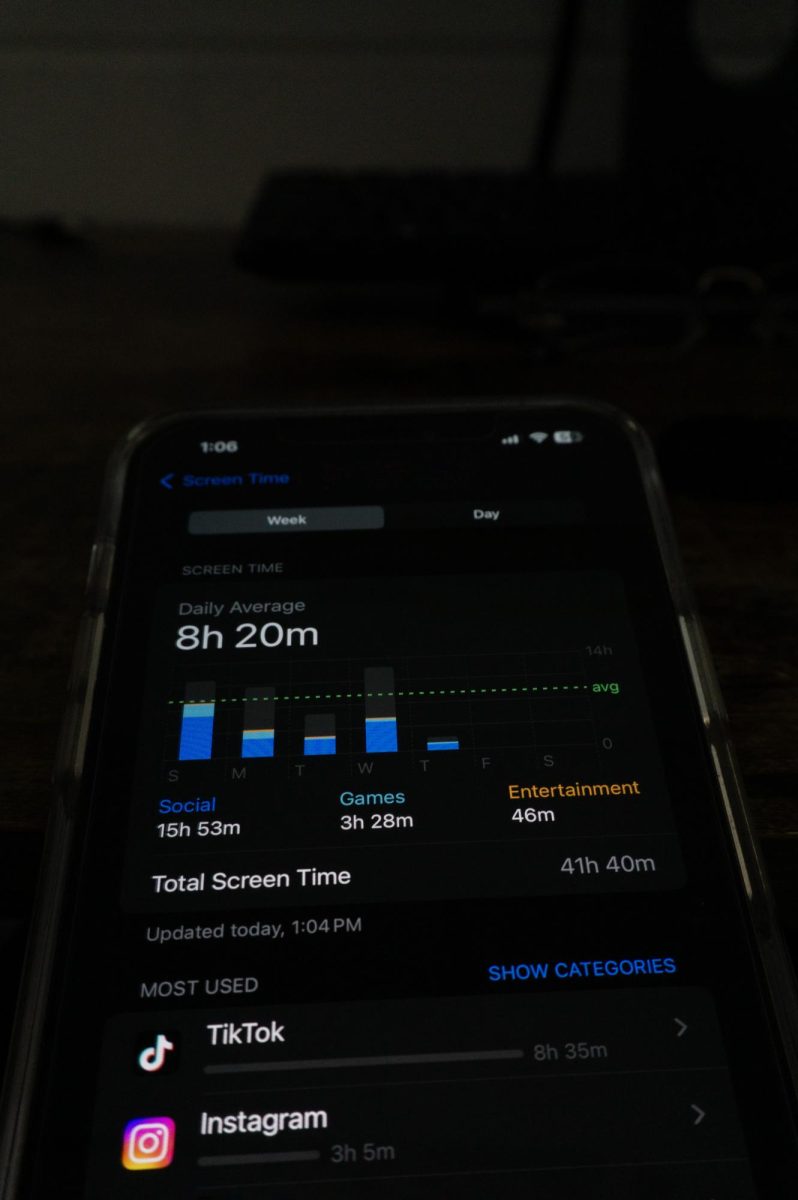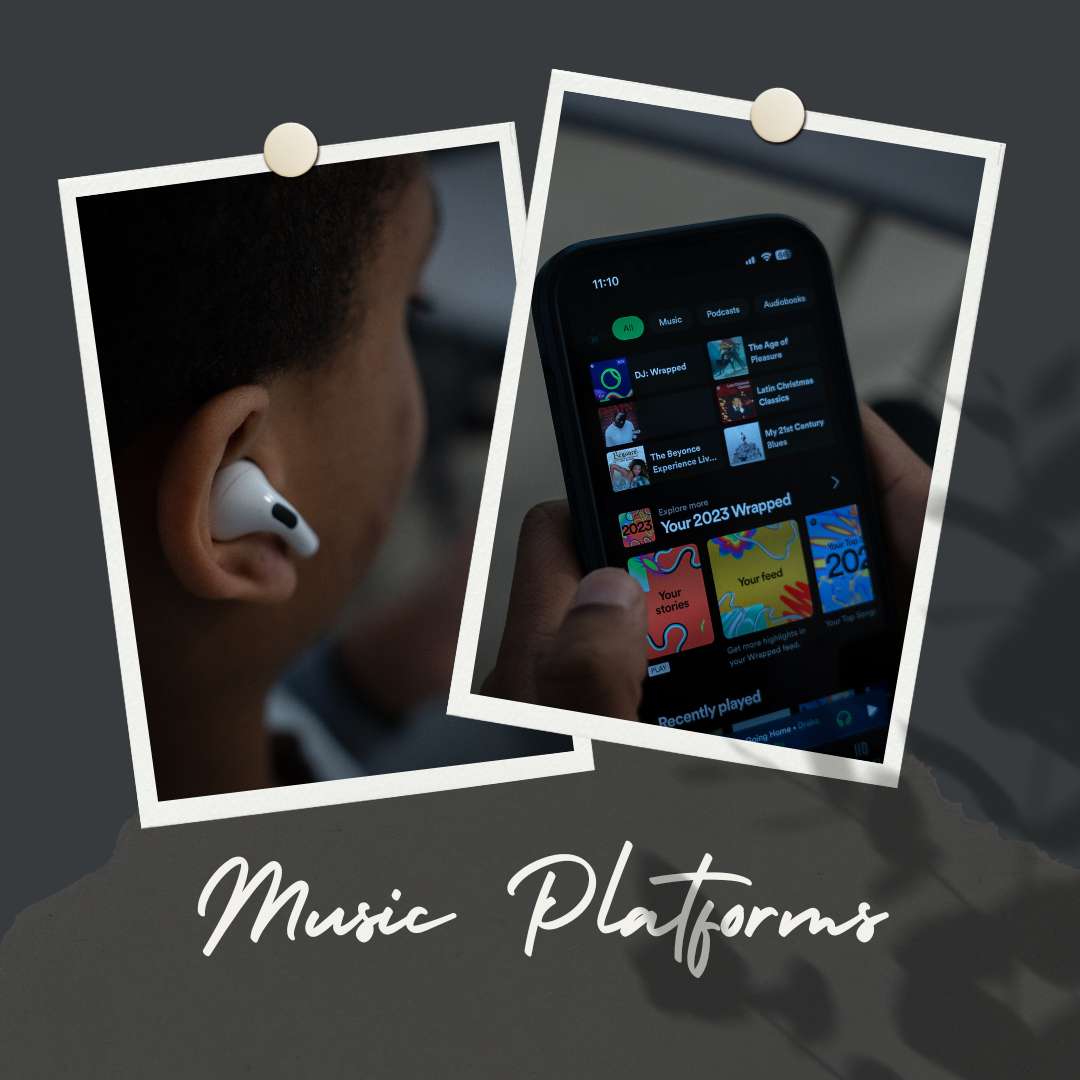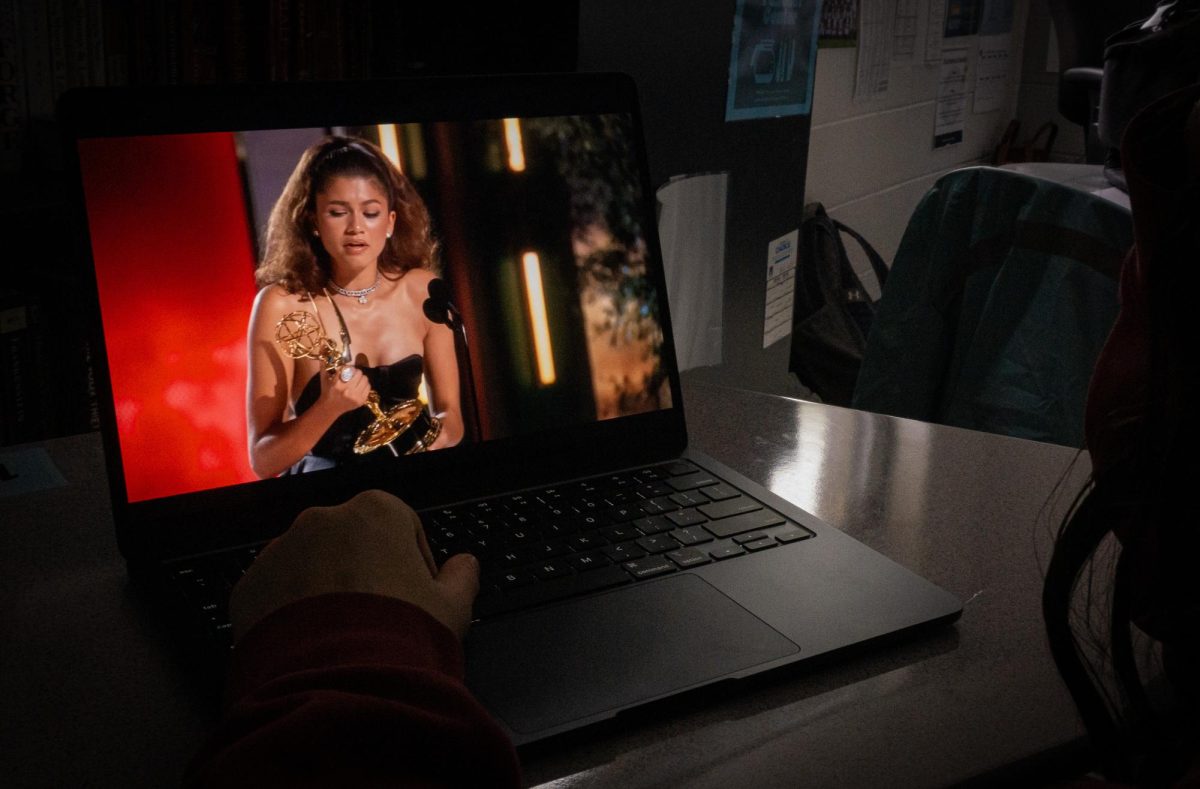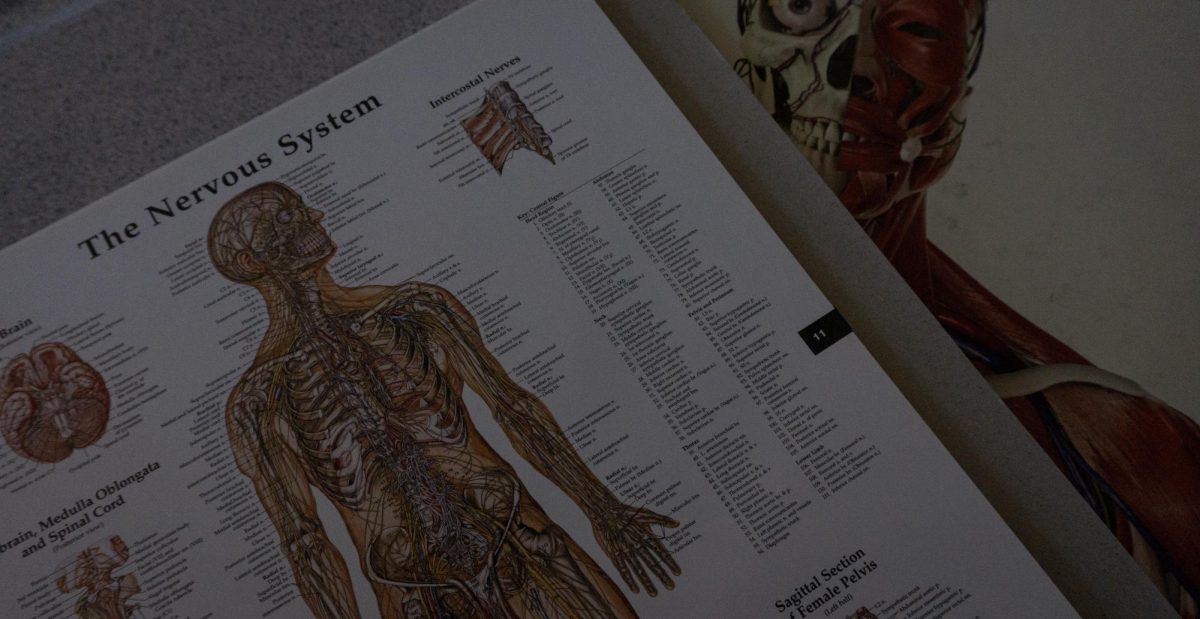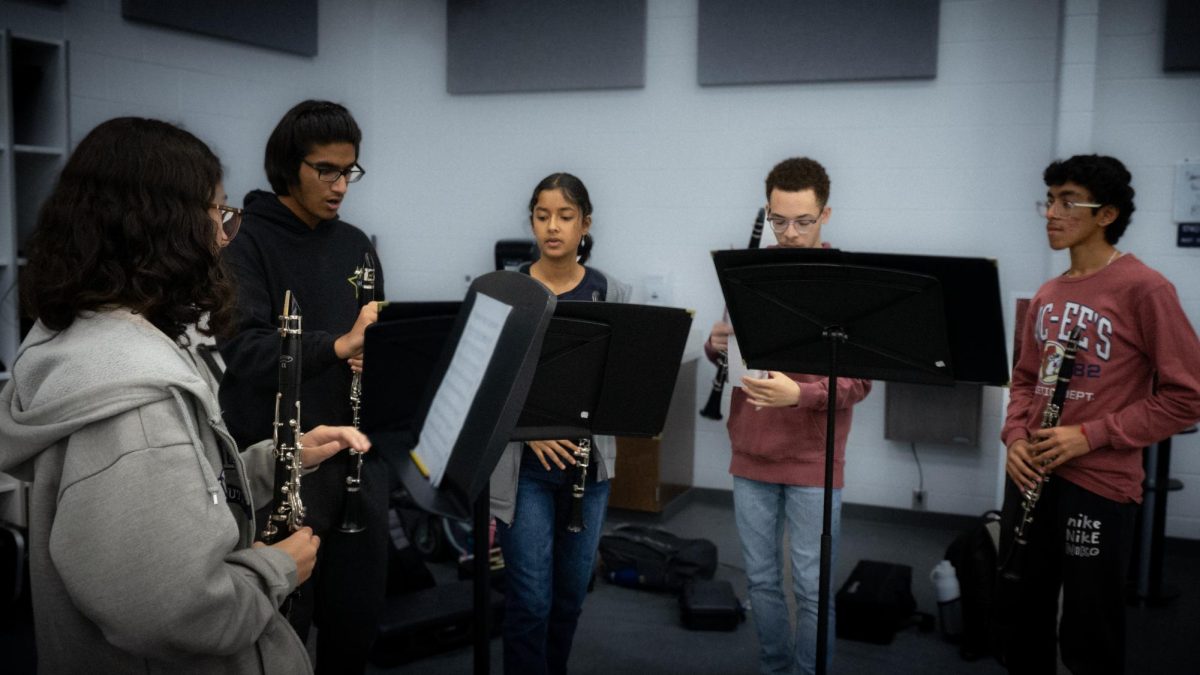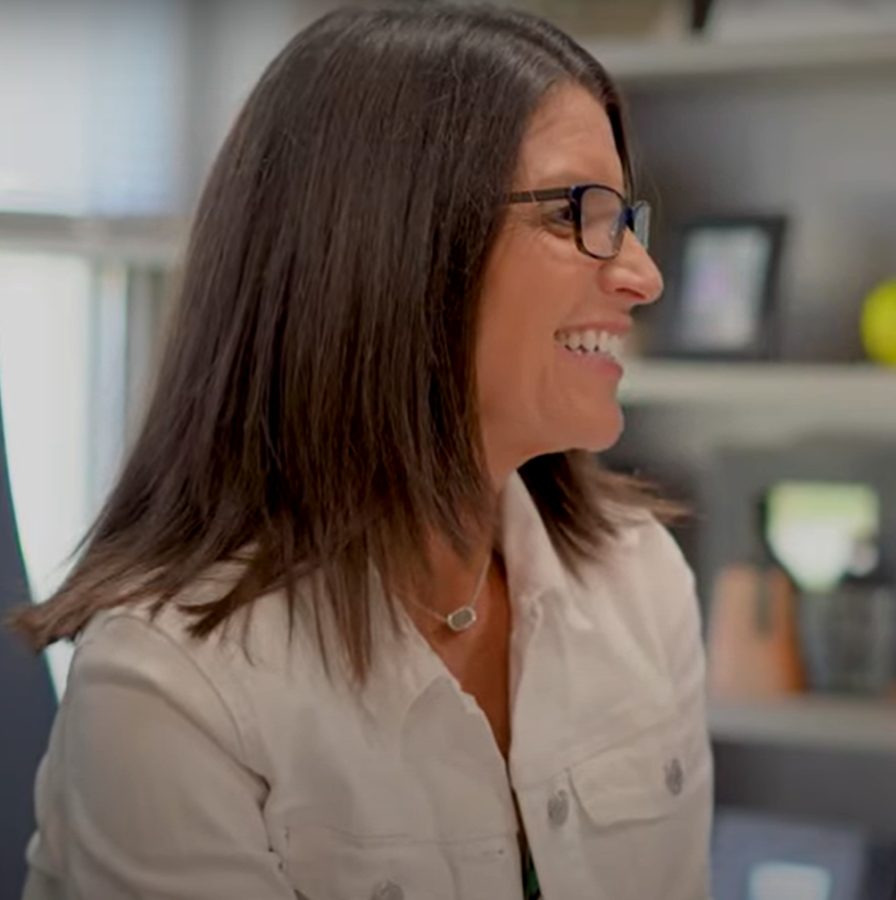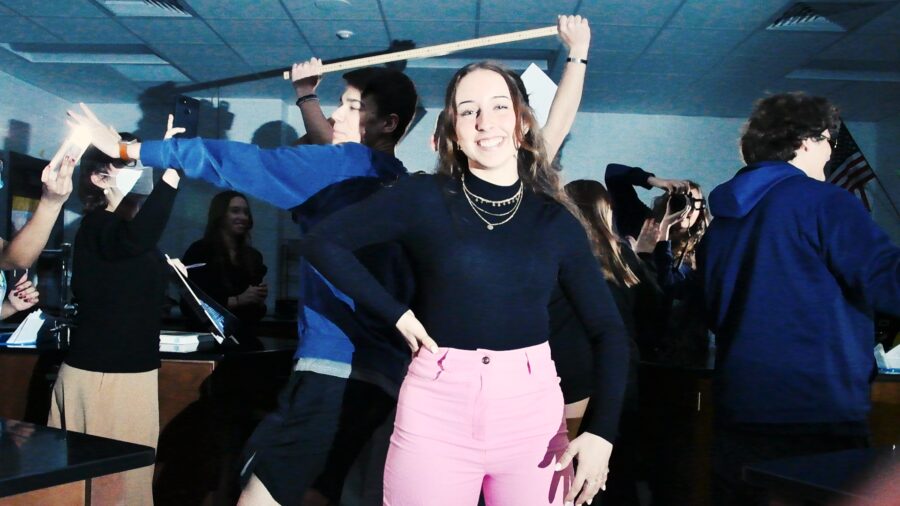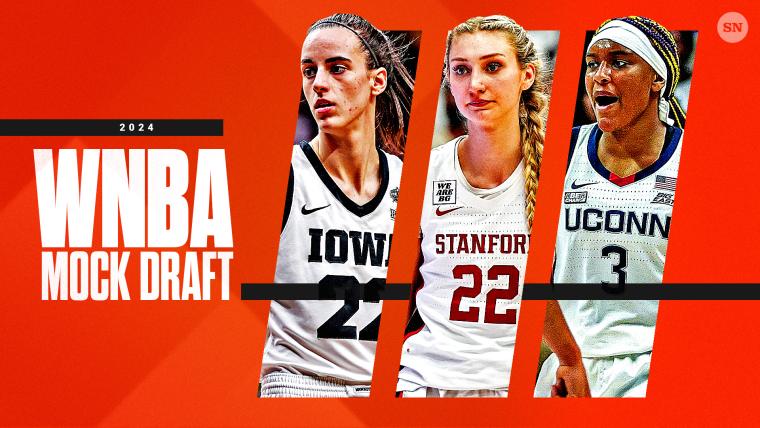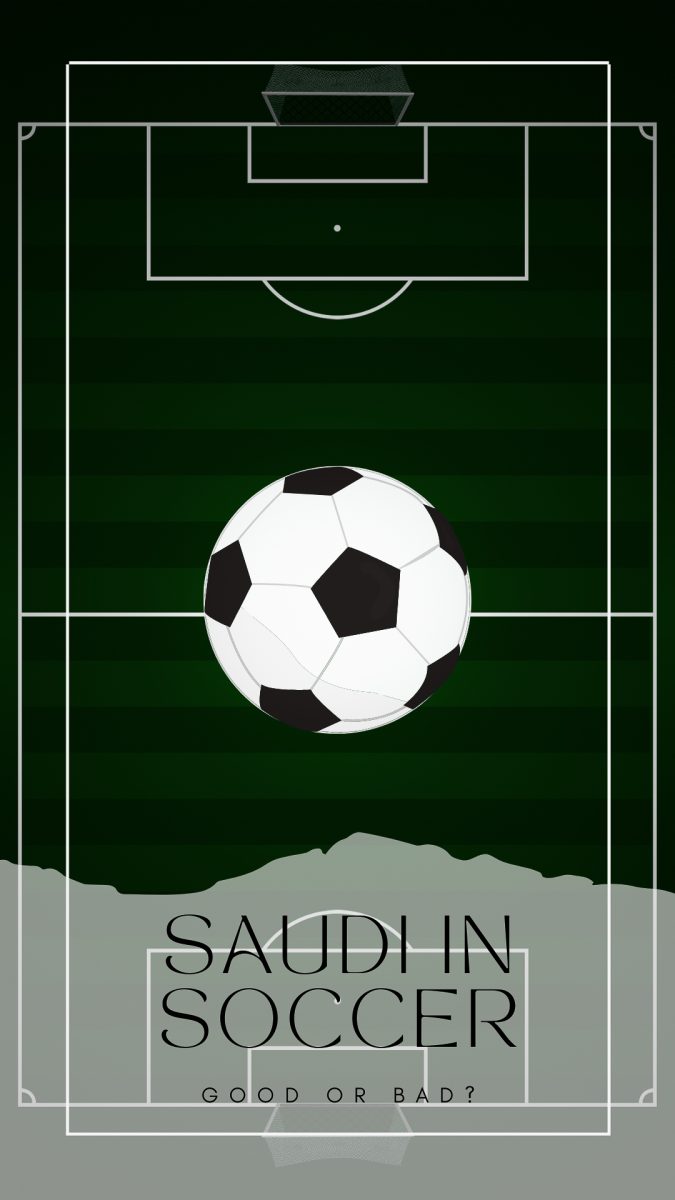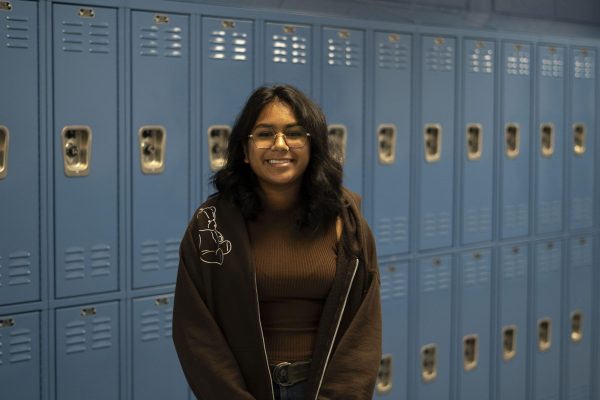“Smile!”
Click.
Post.
Our lives are packed with 30 second reels or a quick swipe to read through a post. Most of our intake information is from a simple click of a button. It’s a common practice to come home after a long day and instinctually pick up your phone and open social media, in order to relax. Want to talk to friends without talking or texting? Snapchat. Want to watch a funny animal compilation video? TikTok. Need to catch up on recent events? Instagram. And there are so many more that affect people’s everyday lives.
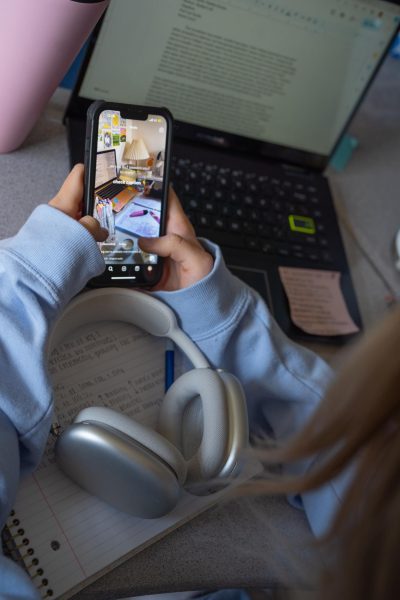
Everyday, scrolling, a post or video of someone talking on and on about the newest popular affecting the world. An influencer will be talking about the rights of someone across the globe, when they don’t even know if what they are saying is the truth. Everything on your “for you page” isn’t real, and don’t always believe it, it could only be for likes. You never know. Kids and teens alike roll their eyes when adults tell them, “Don’t believe everything on the internet,” despite the statement’s truth.
The spread of information throughout the world is often “opinon[ated] and biased” rather than factual, is what a junior at Denmark explained. Though social media has allowed “rapid awareness of global issues, such as the Hamas-Israel Wars, it can spread misinformation tailored to influence our perspective,” the student explained. The development of technology may have interconnected the world with a string, but it has equally cut us into pieces. The factual information has been thrown out the window and opinions are being labeled as the new “facts.” And people don’t even want to look into the facts. It takes to long to fact check every 30 second video you consume. Before any real research can occur, the next reel is already on the screen, distracting the consumer from any real consequence of false information. The worst part of this information epidemic, is the younger generations, the future of the nation, are the ones most likely to be influenced by social media news because of their unlimited access to apps; one of the most popular ones being TikTok in which the videos are “most likely to catch their attention.”
Social media influences more than just our news perception on a regular basis; it also pushes forth ideals for our life. Every day, scrolling through Instagram reels, videos will pop up of people showing their daily lives, which our minds may portray as “perfect.” Rationally, it is known that “the lives we see on social media aren’t perfect either, yet, we can’t help but feel the pressure to live in that certain way.” We’ll see people with the perfect life, perfect schedule, perfect family and question: why aren’t our lives like that? But, it is important to remember that that 30 second video you saw on TikTok isn’t someone’s life, it may have been taken 20 times just to get that perfect portrayal, or it may be a once in a lifetime moment that they want to share. It’s not their everyday experience.
Along with that, modern day pop culture is fragments of trends that are surfing through various social media platforms. People feel pressured to follow these exactly because they are what “‘most’ people believe in to be ‘in’ or right.” a junior Dane expresses. “Because if everyone believes it, shouldn’t I?” She says, is what people think when they view popular clothing, dances, foods, habits and more.
One of the most popular Gen Z quirks is aesthetics. Teenagers label everything aesthetic.
“Ooh look at that top, it is so aesthetic!”
“Working at the library is such a mood, it’s so aesthetic.”
“That view is so aesthetically pleasing!”
And so on…
This may not always be a negative as it does motivate people to work or focus on themselves. For example, many influencers may aestheticize their work in order for their followers to follow their lead and do the same. Or some that have helpful and healthy schedules that equally balance work and home life may seem aesthetic so it allows people to pursue work on themselves. Studybreaks.com emphasizes on Dark Academia explaining how “…dark academia is hyper-curated and hyper-performed, making an everyday activity like reading on the sofa with a cup of tea into a performance for an entire virtual audience.” This action of “romanticizing your life” or making it “aesthetic” persuades people to want to create this cozy and comforting environment for themselves to get to work or even just to relax after a long day of work. Everyday chores can become something that everyone looks forward to.

(Anya Singhal)
Though, much like everything, positives have negatives. By watching these aesthetic and cozy vlogs and reels it can make many, especially teenagers, “feel unsuccessful or dissatisfied by their own lives and not enjoy themselves.”
Everyday lives are spent scrolling and this is where our future is jumping into, head first. There is no stopping technological development, there will always be businesses developing new apps to interconnect people from all around the world. So, rather than stop this development, we can control it, whenever news is shared, instead of completely believing in it, do research to check if what was said was even true. If you see a “perfect life” one day while browsing in your socials, remember that you may not know the person and their life may not be as picturesque as one thinks.
Haven Worley, University of Rochester. “Dark Academia Is More than Just an Aesthetic – It’s Building a Community.” Study Breaks, 10 Nov. 2020, studybreaks.com/tvfilm/dark-academia/.


